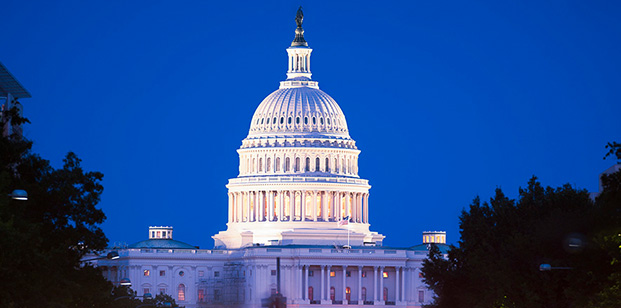Investor sentiment during August was influenced primarily by the outlook for US interest rates and ongoing volatility in the price of oil.
August 2016
Better-than-expected US jobs data has helped to fuel expectations of higher interest rates before the end of 2016; however, the timing of the Fed’s next move continues to provide a source for speculation.
- The Bank of England cut UK interest rates to an all-time low of 0.25% during August
- Japan’s cabinet agreed a package of economic stimulus measures worth over 28 trillion yen
- Germany’s economic growth slowed during the second quarter and confidence amongst German businesses has deteriorated
August saw a boost for US stock markets, which in turn has stoked expectations of higher interest rates before the end of 2016. Federal Reserve (Fed) Chair Janet Yellen said that the “case for (a rate) increase… has strengthened in recent months” but continued to give no guidance about timing. Mounting expectations of an increase in interest rates provided welcome support for the US banking sector , which rose strongly during the month. However, as a whole, the Dow Jones Industrial Average Index edged 0.2% lower over August.
UK interest rates were cut to their lowest-ever level of 0.25% during August. The Bank of England’s (BoE’s) decision – which was widely anticipated by investors – was accompanied by additional stimulus measures and a pledge to take further action if necessary. Elsewhere, the Brexit vote appeared to have curbed new business in the UK during July, and Markit warned that the decline in activity had “undoubtedly increased the chances of the UK sliding into at least a mild recession”.
“Mounting expectations of an increase in interest rates provided welcome support for the US banking sector”
A version of this is available to use in your next client newsletter using our Newsletter Builder feature. Explore this and many more articles here
Japan’s cabinet agreed a package of economic stimulus measures designed to provide a boost for the country’s flagging economy. The package – worth over 28 trillion yen – will form part of a supplementary Budget in September, and elicited a relatively muted reaction from investors. Amid continuing speculation over the timing of the next increase in US interest rates, the US dollar strengthened against the yen during August, providing a boost for Japanese share prices. The Nikkei 225 Index rose by 1.9% over August as a whole.
Germany’s economic growth lost momentum during the second quarter. The country’s economy expanded by only 0.4% during the second quarter, compared with 0.7% during the first quarter. Meanwhile, confidence amongst German businesses registered a sharp decline. On a brighter note, Greece’s economy followed a 0.1% contraction during the first quarter with second-quarter growth of 0.3%. However, Italy’s economy stagnated during the second quarter and sentiment was undermined during August by a devastating earthquake in central Italy. Despite enduring a relatively volatile month, the FTSE MIB Index ended the month in positive territory, rising by 0.6%. In comparison, the Dax Index rose by 2.5% during August, while the CAC 40 Index ended the month largely unchanged.









